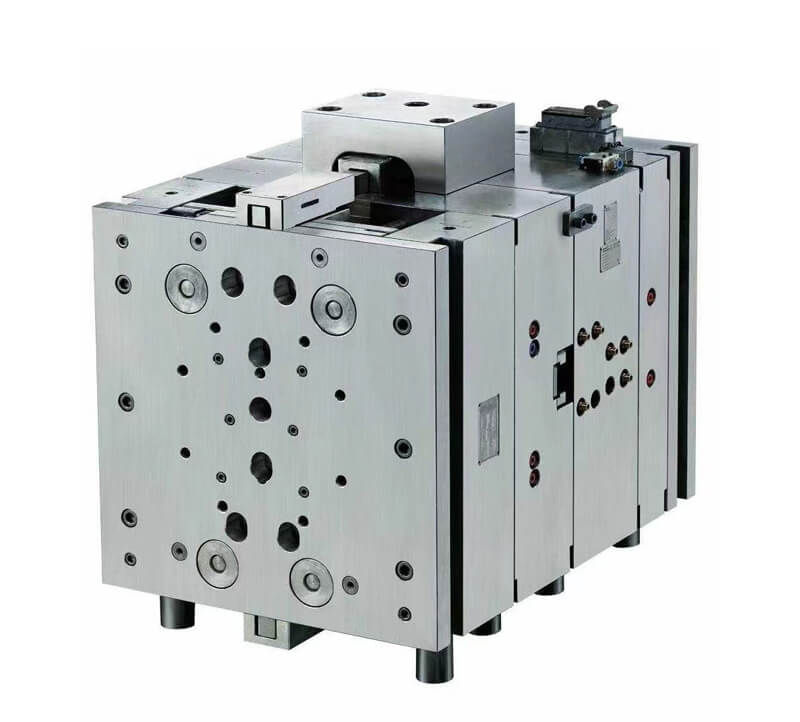Electrical cotton tape has been a fundamental component in the insulation and bundling of electrical components since the early days of electrical engineering.
Cotton electrical tape, made from pure cotton fiber, is celebrated for its high tensile strength, ease of handling, and safety, derived from its natural fiber composition, offers good mechanical strength and insulating qualities, making it suitable for binding coils in electrical machinery and appliances. This is particularly relevant for electric motors, transformers, and other electrical devices where insulation integrity is critical.
While vinyl and other synthetic tapes have become more prevalent due to their enhanced durability, moisture protection, and electrical insulating properties, cotton tape still holds a valuable place in specific applications.
Manufacturers have further refined cotton tape to suit a variety of electrical insulation needs. It is now available in several widths and thicknesses, catering to a broad range of applications from transformer windings to cable wraps.
When using electrical insulation tape, whether cotton-based or otherwise, it’s imperative to follow best practices to ensure effective and safe insulation. This includes selecting the appropriate tape grade for the environment, using a half-lap technique for a double layer of insulation, stretching the tape for better adhesion, and opting for specific types of tape for extreme conditions.
Our insulation cotton tape is a cost-effective alternative (Benchmark 3M Temflex 1755/Densyl™ Tape/Densyl KF™ Tape) to use under low-temperature environments for insulation purposes and anti-corrosion protection. You might even use it as anti-slip protection on your hockey stick.





